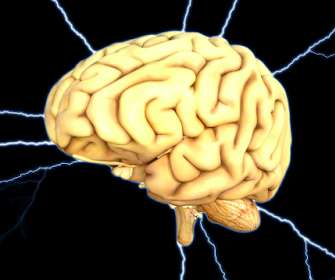From novice to expert
Learning with e's
JULY 11, 2014
Where some might see lurking (being present but not directly contributing to discussions or online activities) as a form of social loafing or lack of engagement in the learning community, Lave argues that it is legitimate and can lead to fuller participation once knowledge and confidence has been gained. Reference Lave, J. and Wenger, E.
































Let's personalize your content